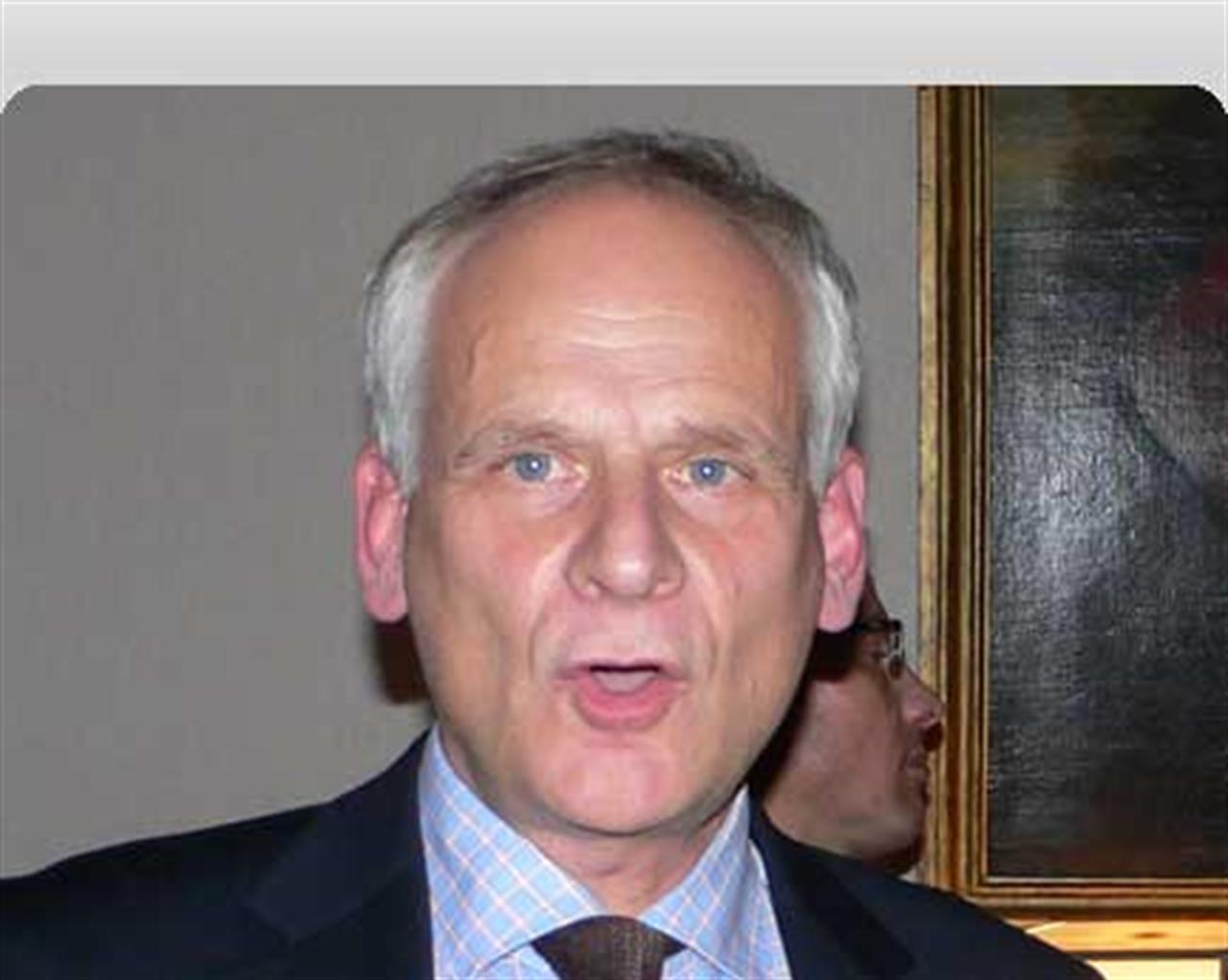Non profit
Lars Pattersson: General secretary of Famna
“Healthy, adult, male in charge of a large non profit organisation”. Would it ever occur to you that such a man would be a beneficiary of welfare?

In Sweden it happens. This is the identikit that Lars Pattersson draws up of himself, fully acknowledging the paradox that the Freedom of choice law entails. After all, in his role as general secretary of Famna, a network of non profit associations that provides social services, he contributed to creating the law that allows the ordinary man to become a welfare referee. “Because the law on the freedom of choice, as of January 1 2009, applies to social services as well as basic health care”, he explains. “It will change the life of an elderly person in need of special care as well as an adult like me who, as of the beginning of the year, has the right to choose the type of basic medical care they prefer to be treated by. In the long term, the law on freedom of choice will have an impact on the whole population”.
And in the short term?
The choice of whether to apply the law or not is up to the local and regional authorities that, in Sweden, manage the social and medical services and have a great deal of political freedom. At the end of 2008, however, 186 of the 290 local authorities had already announced that they wanted to apply the law from the beginning of the new year. The percentage is high among regional municipalities as well. Managed by a whole range of political voices.
How come?
The law on the right to choice is perceived to be an excellent tool both for the quality of services provided and for the satisfaction of citizens. In an informal way some local and regional authorities have experimented with alternative welfare management practices for years and now the law has adapted itself to the practice. What is more, the government has allocated a budget as an incentive to local and regional communities to enact the reform and pass to a wholly citizen managed social service provision.
Can this law be considered a victory for civil society?
In a certain sense, yes. Up until January 31 2008 social service provision contracts were allocated in the traditional way – providers would compete to win the contract, a system that penalised the small providers whether for or non profit. This resulted in 85% of social services being managed by the government and, of the remaining 15%, only 2% was managed by the non profit sector.
Do you think the third sector is ready to enter into the welfare market?
Not the whole of the sector. Nor should the sector give up its more traditional revenue sources. The most common position being taken by social organisations today is this: if they ask us to, we will enter into the welfare market, but we will continue to be independent.
Can public service provision and criticism of government policy be compatible?
On October 23 2008 the government and the third sector signed an agreement to collaborate called the Compact that deals with this ambiguity. The government committed to ensuring that non profit players be placed in the condition to become public service providers and, at the same time, guaranteed that these players would not loose their autonomy and their function as observers and critics of public policy.
Vuoi accedere all'archivio di VITA?
Con un abbonamento annuale potrai sfogliare più di 50 numeri del nostro magazine, da gennaio 2020 ad oggi: ogni numero una storia sempre attuale. Oltre a tutti i contenuti extra come le newsletter tematiche, i podcast, le infografiche e gli approfondimenti.
